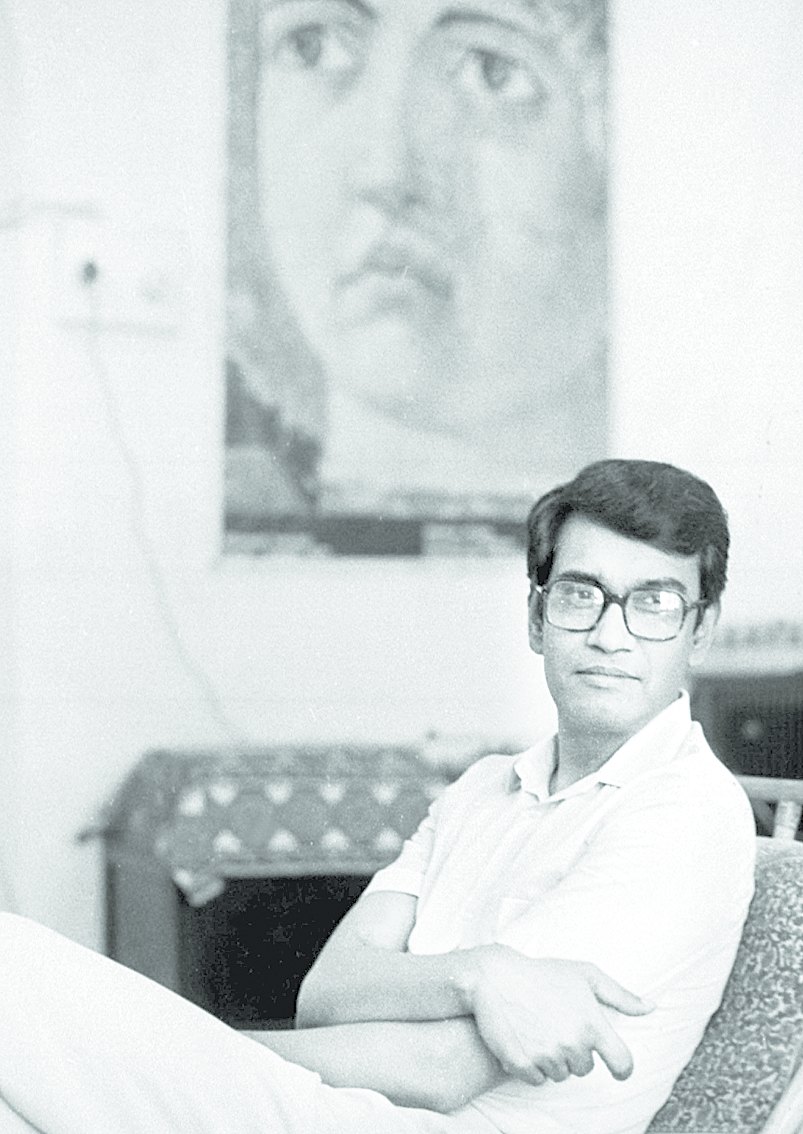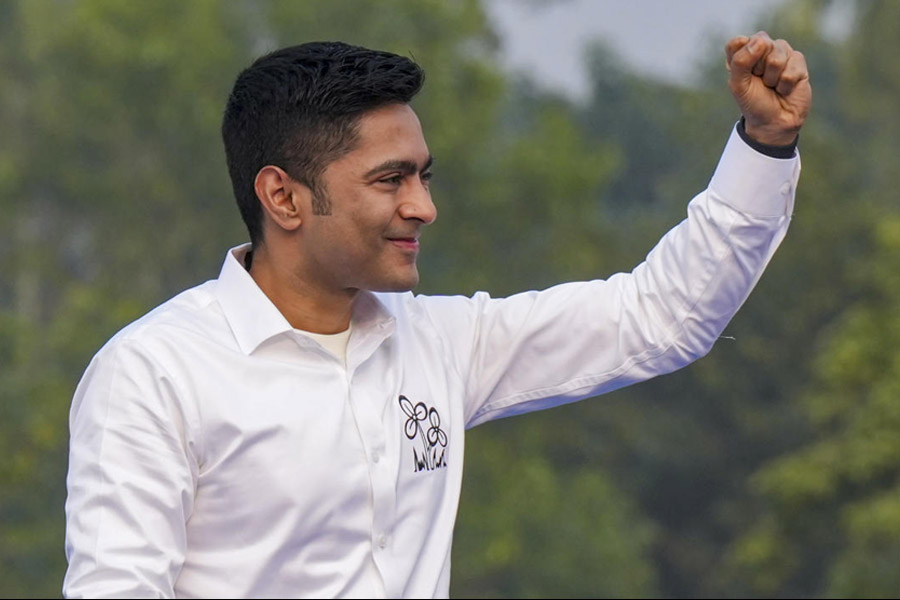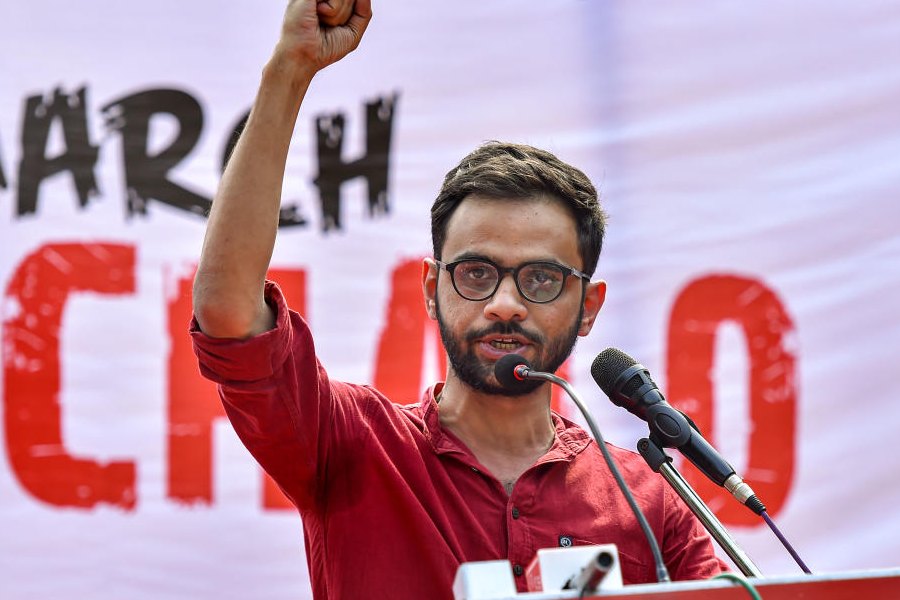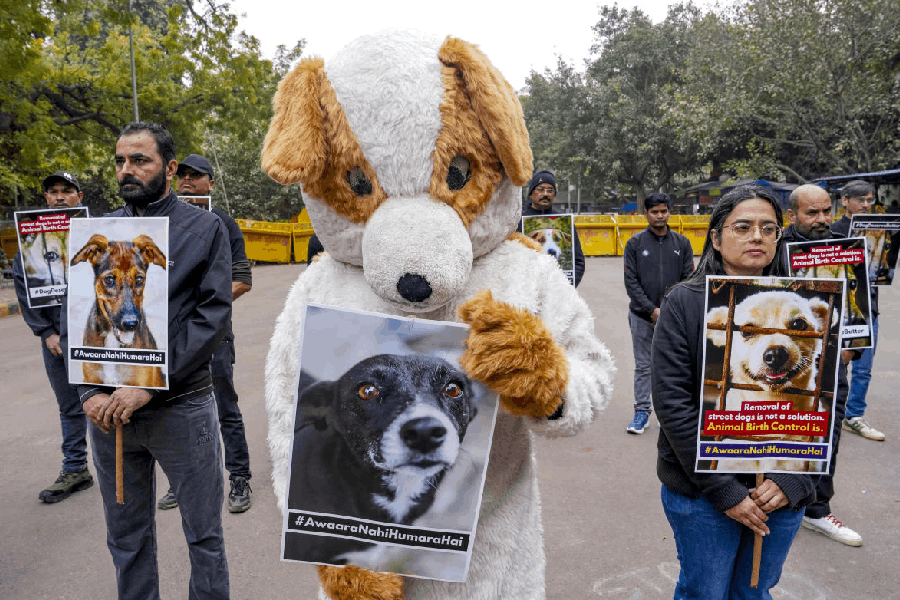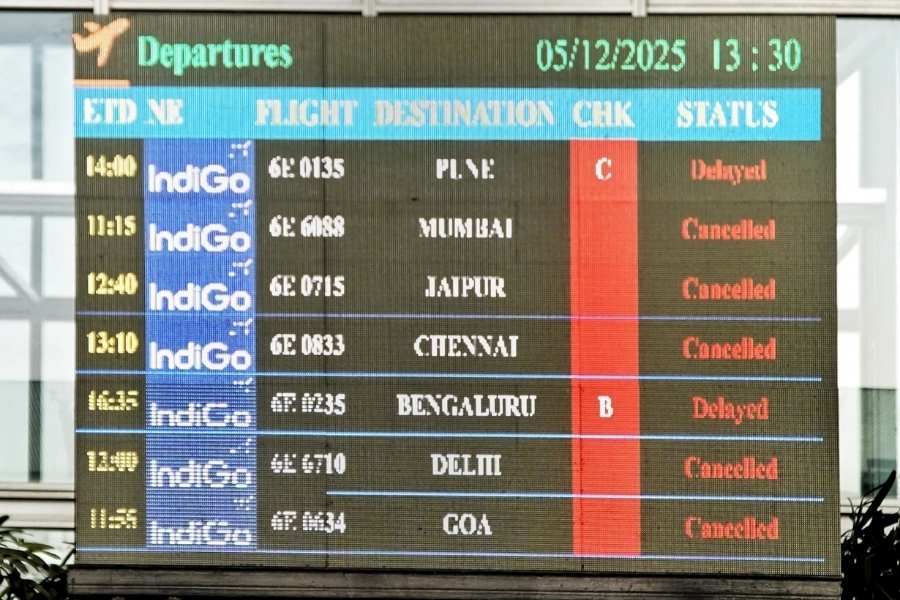
Mrinal Datta Chaudhuri, or MDC as he was known to several generations of students of the Delhi School of Economics, passed away recently in Pune. He was 81. His death marks the end of an era, for he and the late A.L. Nagar were in many ways the "public face" of the economics department of the DSE for several decades. They were the key figures who sustained the reputation of the department through the good and bad times.
Mrinal da was born in Srigauri, a village in Assam. This was also where he went to high school. He then moved to Santiniketan where Amartya Sen was one of his class mates - they were to remain friends for several decades. Sen, in fact, was one of three Nobel laureates who were in the same class with MDC. The other two were Joseph Stiglitz and George Akerlof at the Massachusetts Institute of Technology, where Mrinalda went for his PhD after a Bachelor's degree in statistics from Presidency College. He returned to India soon after his PhD. After a brief stint in the Indian Statistical Institute - which was then based in Yojana Bhavan - he moved to DSE, where he stayed till his retirement in 1999.
He wrote two very well-cited papers. The first was an analysis of the pattern of industrialization adopted by South Korea. A perception that was widely held in the 1970s was that South Korea's rapid industrialization was essentially the success of the private sector. Mrinal da pointed out that while private sector enterprises were visibly in the forefront of the drive towards industrialization, the South Korean government actually played a very important role. Indeed, the Korean State had direct control over almost two-thirds of the aggregate investment funds available in the economy. It used both interest rate policy as well as direct controls to channel investment in the desired directions. However, although the state was highly interventionist, its objective was to develop and support the market economy, unlike the Indian State with its emphasis on quantitative controls through the licensing system. The second paper was a very incisive critique of the debate between government and market failure.
He also wrote several shorter but less well-known papers. His published output was relatively small by the standards of his contemporaries. However, this was entirely by choice and not because he was incapable of contributing very high-quality research. He possessed one of the sharpest intellects I have come across and was equipped, of course, with all the tools of the trade in view of his training in MIT. He could hold his own in any discussion on a wide variety of topics, both in formal seminars as well as in more informal surroundings such as the DSE coffee house. His academic standing was not impaired by the relative lack of research output - he spent time in both Harvard and Minnesota as a visiting professor.
He was a wonderful teacher, and succeeded in making even the driest of topics such as planning and transport economics come alive to students for three decades. He also played a role in policymaking in India, having served on various government committees. His invaluable contributions to public life were appropriately acknowledged through the award of a Padma Bhushan in 2005.
It is actually difficult to pin down quite why he became the legend that he was. Was it his unique accent, laughingly said to be a cross between Sylhet and Boston? Or was it his car, a Volkswagen Beetle when all others around him had at best staid Ambassadors or Fiats? Perhaps it was his immaculate dress or the manner in which he carried himself? Or maybe it was his courage during the Emergency when he was an activist, but refused to leave the country even though there were rumours that he could be arrested any day?
Everyone who came into close contact with him will have his or her favourite anecdotes about this remarkable man. Here are two which illustrate quite different facets of his character. In 1978, I was a lowly research associate while MDC was the head of the department. The post of research associate was new - I was probably one of the first to be appointed as one. Not surprisingly, the rules regarding this position were vague and no one in the department knew quite what they were. I went to him to request a few days' leave since I wanted to go to Calcutta where my twin daughters were to be born. "Write me a letter applying for leave. I will not forward it to the university. If any question is raised, I will say I granted you leave and face the music." He was apprehensive that if he wrote to the university, some babu would turn it down on flimsy grounds. He was always an exceedingly considerate man, ever willing to step forward and help others even at some personal cost.
The second anecdote reveals what I will call - for want of a better word - the "mischievous" side to his character. A few of us, including Mrinal da,were very enthusiastic bridge players. (In the interest of full disclosure, I have to admit that our skills fell quite a bit short of our enthusiasm.) But getting four players together was not always an easy task. One afternoon, we had to go to the head's office and request Mrinalda to join us for some bridge. Without a moment's thought, he picked up the phone to call his wife. "Look, I have to go for an important meeting and will be a bit late." Off we went in his Volkswagen Beetle to the meeting, which was rather long that day.
He moved to Pune in 2007, and I lost contact with him after that. But the memories of our past interactions remain very vivid. I will miss him, as indeed will everyone who came into contact with him.
The author is professor of economics, University of Warwick

